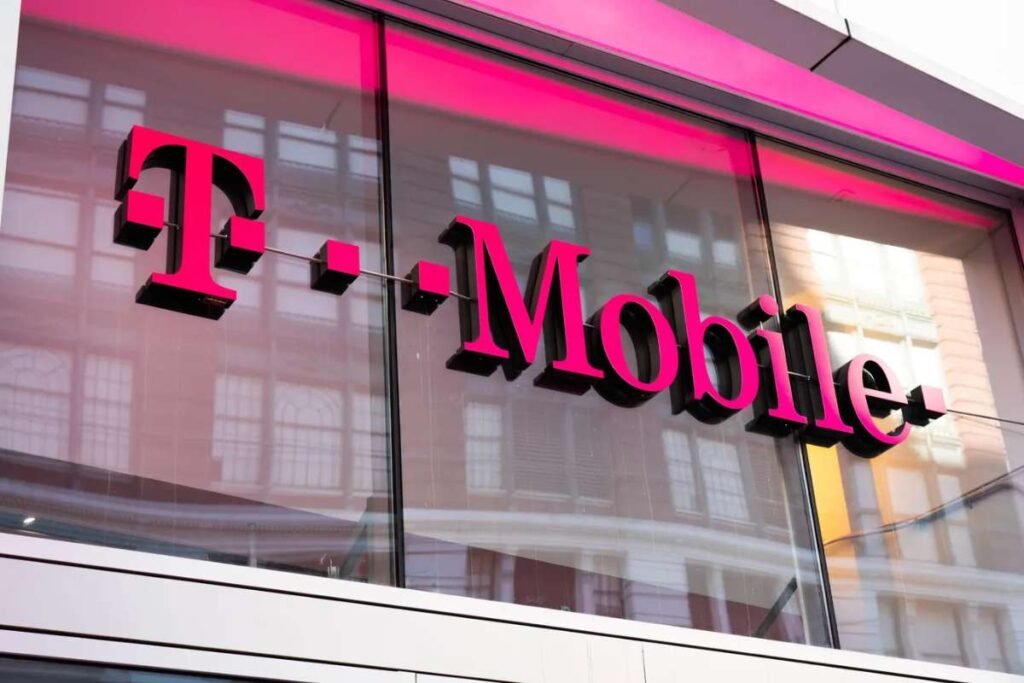Source-preservegold.com
The U.S. stock market entered the Halloween season with optimism as investors cheered the potential for a soft economic landing. A robust September jobs report fueled hopes that inflation is cooling, yet it has also sparked concerns over the Federal Reserve’s next move. With inflation in check, investors are now questioning whether the Fed may have acted too aggressively by cutting interest rates by half a percentage point last month. Wall Street is now anxiously awaiting Thursday’s consumer-price-index (CPI) report, which could determine the market’s trajectory. Analysts warn that a hotter-than-expected CPI could slow the Fed’s ability to reduce interest rates and disrupt the ongoing U.S. stock market rally.
Economists surveyed by the Wall Street Journal forecast headline inflation to increase by 0.1% in September, while core CPI, which excludes volatile food and energy prices, is projected to rise by 0.2%. The 12-month headline CPI is expected to cool to 2.3% from 2.5% in August, while core inflation remains steady at 3.2%. Experts like Nancy Tengler, CEO of Laffer Tengler Investments, caution that inflation pressures, such as rising housing costs, could become more entrenched due to external factors, including China’s recent monetary stimulus and tensions in the Middle East. These concerns, along with a brief port strike in the U.S., add to fears of inflation resurfacing later in the year.
Global Events Stoke Inflation Concerns
Global developments have exacerbated inflation concerns, particularly with Brent crude oil prices posting their largest weekly rise in two years, following tensions between Israel and Iran. Additionally, a short-lived port strike affecting the U.S. from Maine to Texas has heightened fears of supply-chain disruptions, further complicating inflation dynamics. Despite these concerns, some analysts, including Luke Tilley of Wilmington Trust Investment Advisors, believe these disruptions are likely to be short-term and may not trigger sustained inflation.
The September jobs report, which saw the U.S. economy add 254,000 jobs, exceeded expectations and provided some hope for a soft landing, where inflation cools without causing a recession. However, wage growth of 0.4% and a favorable port workers’ wage agreement have led experts like Steve Wyett of BOK Financial to caution that the path to the Fed’s 2% inflation target may still be slow. Some suggest that rising energy costs may cause short-term inflation spikes, but they are unlikely to result in long-term inflationary pressures.
Corporate Earnings in Focus Amid Market Uncertainty
Investors are also looking toward the third-quarter corporate earnings season, with major financial firms such as JP Morgan Chase, Wells Fargo & Co., and BlackRock reporting results this week. Earnings for companies in the S&P 500 are expected to rise by 4.6% year-over-year, though this is lower than the 7.8% growth anticipated earlier in the year. According to John Butters, senior earnings analyst at FactSet, this growth would mark the fifth consecutive quarter of earnings expansion for the S&P 500.
Despite inflation concerns and lower earnings growth estimates, some analysts believe there is potential for “upside surprises” in the U.S. stock market. Nancy Tengler highlighted that positive earnings could boost the market, especially given the high valuations of certain megacap technology stocks. While some anticipate a market pullback in October, many remain optimistic that strong earnings and profit margins could sustain the bull market through the end of the year. As the week closed, U.S. stock market showed modest gains, with the S&P 500 rising 0.2%, the Dow Jones Industrial Average increasing less than 0.1%, and the Nasdaq Composite advancing 0.1%.










